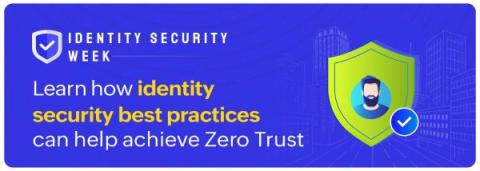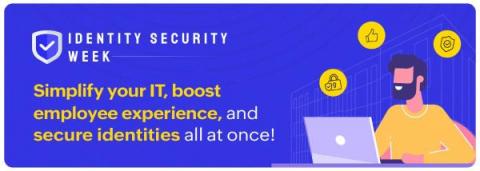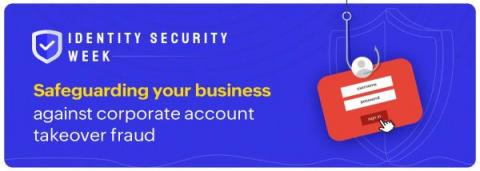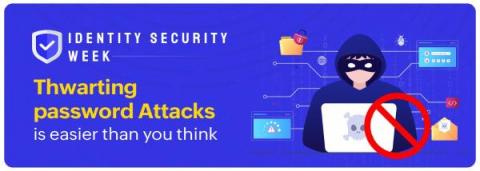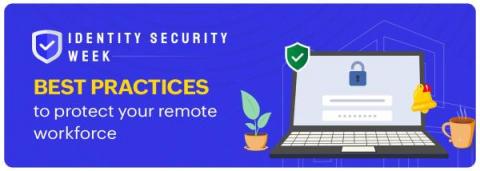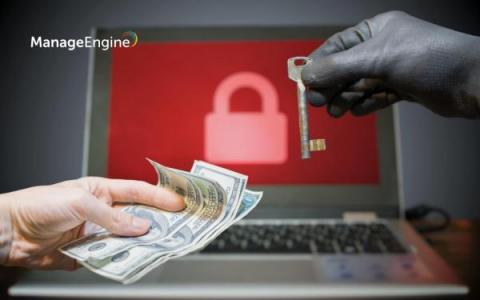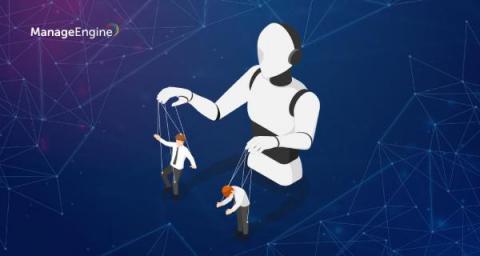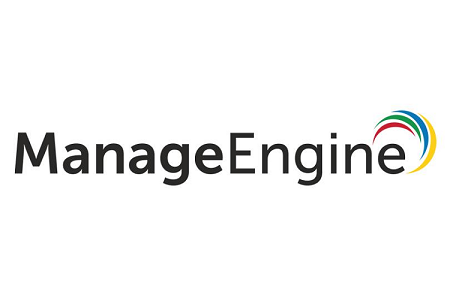A Zero Trust approach to identity security
Zero Trust is the term for an evolving set of cybersecurity paradigms that moves an organization’s defensive measures from static, network-based perimeters to instead focus on users, assets, and resources. It is a security mindset where every incoming connection is treated as a potentially malicious request until explicitly verified. This concept was introduced by John Kindervag, one of the world’s foremost cybersecurity experts, and emphasizes three principles.


